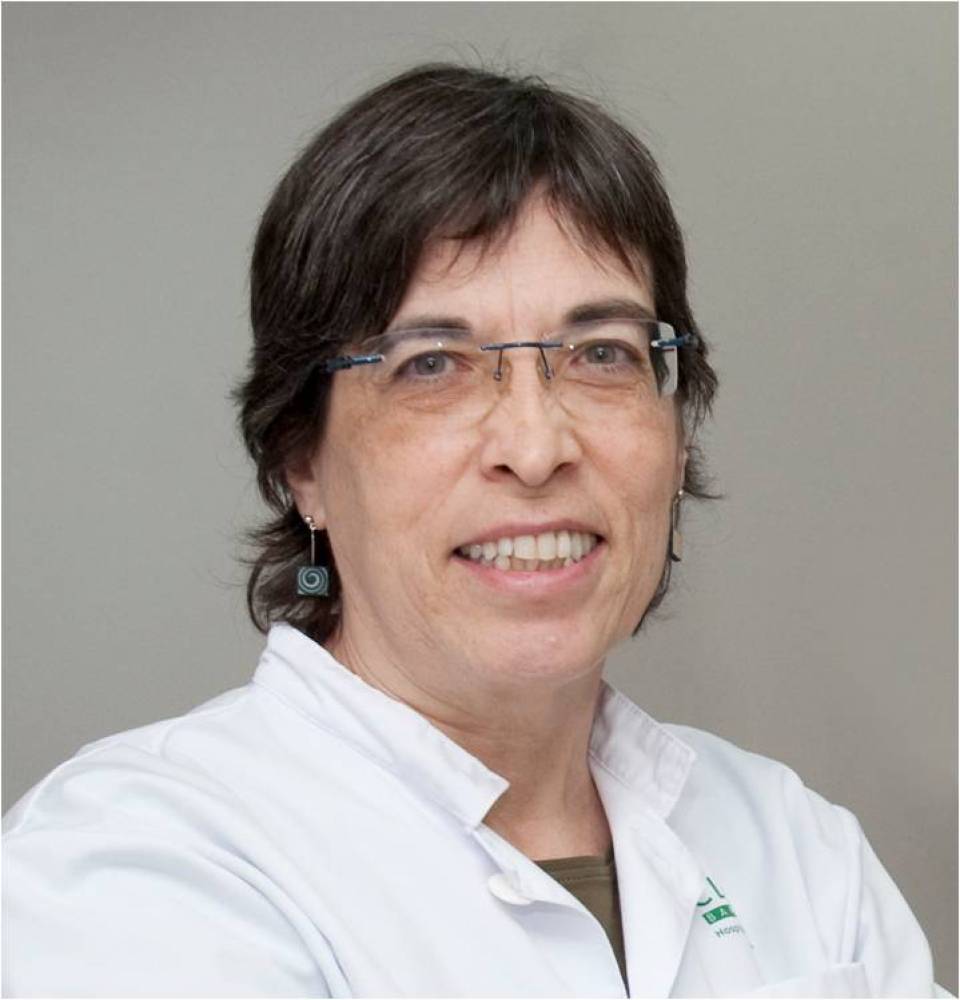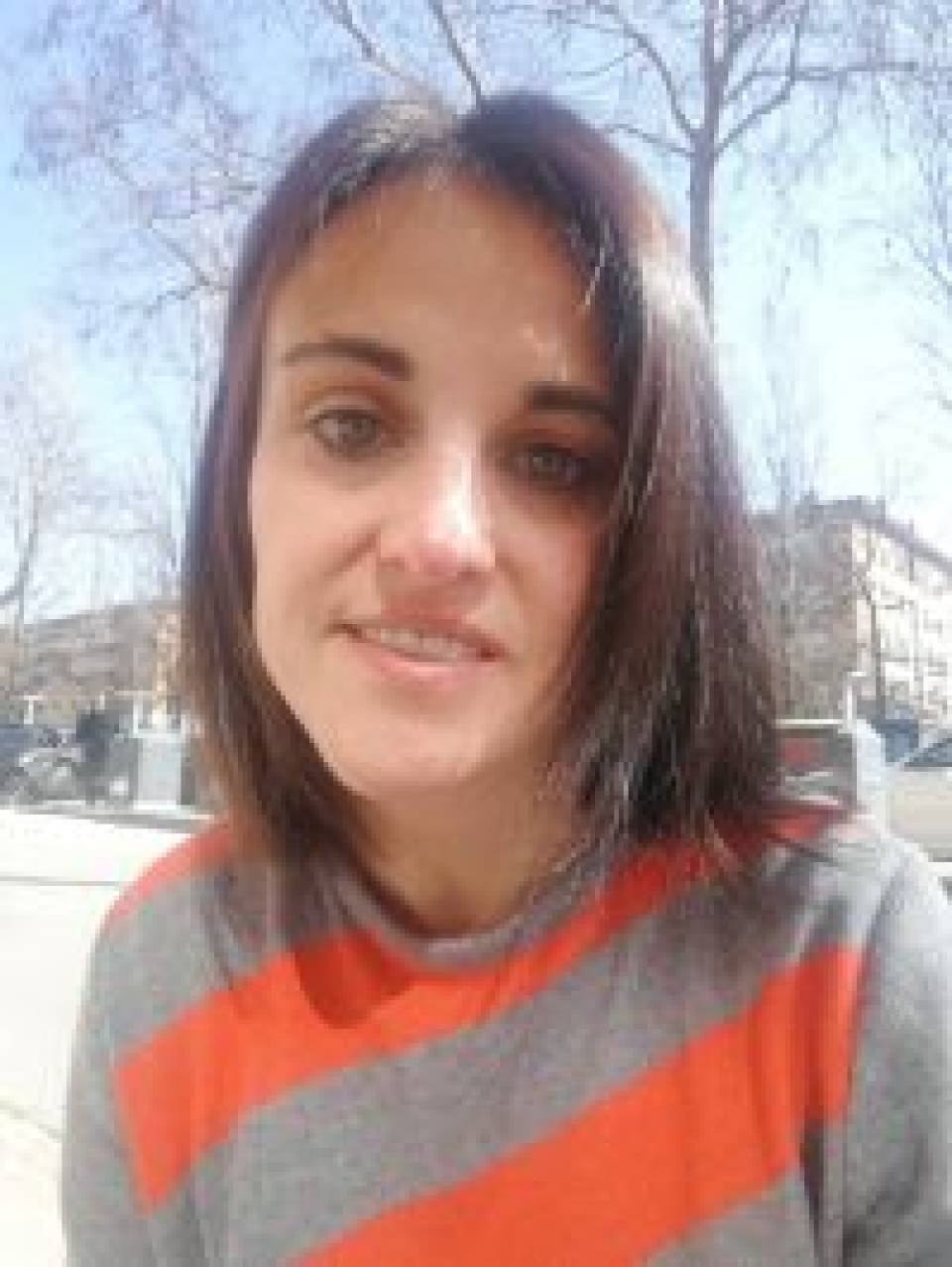Substantiated information by:
Felipe Julio Ramirez Garcia
Rheumatologist
Rheumatology Department
Mercè Alsina Gibert
Dermatologist
Dermatology Department
Paula Aguilera Peiro
Dermatologist
Dermatologist Department
Sara Gómez Armayones
Dermatologist
Dermatologist Department
Published: 22 February 2019
Updated: 22 February 2019
The donations that can be done through this webpage are exclusively for the benefit of Hospital Clínic of Barcelona through Fundació Clínic per a la Recerca Biomèdica and not for BBVA Foundation, entity that collaborates with the project of PortalClínic.
Subscribe
Receive the latest updates related to this content.
Thank you for subscribing!
If this is the first time you subscribe you will receive a confirmation email, check your inbox
An error occurred and we were unable to send your data, please try again later.



